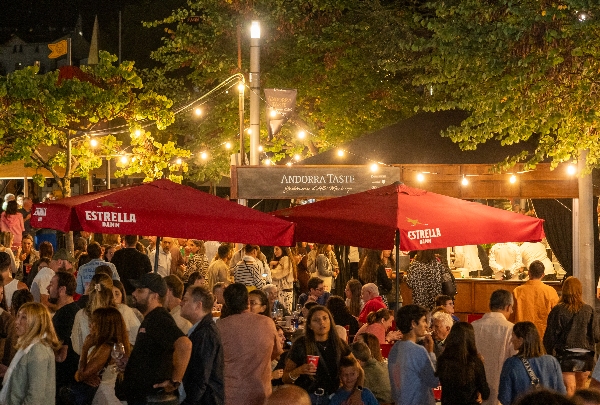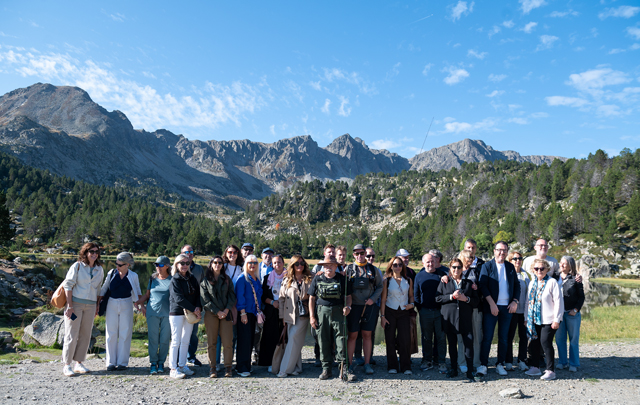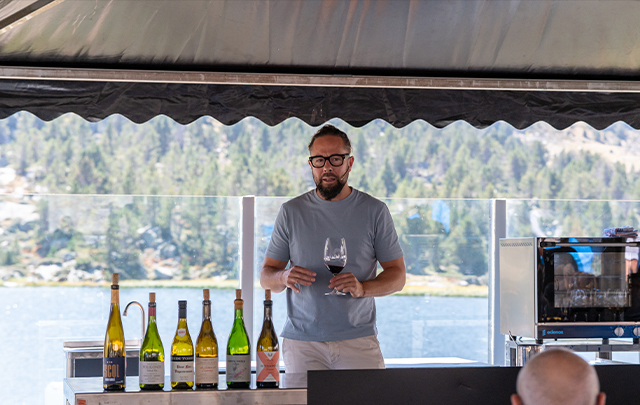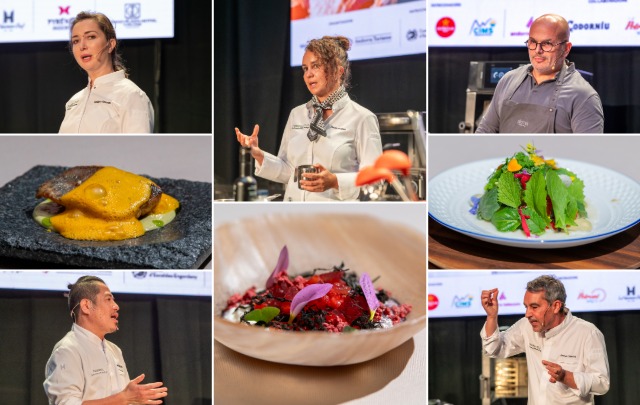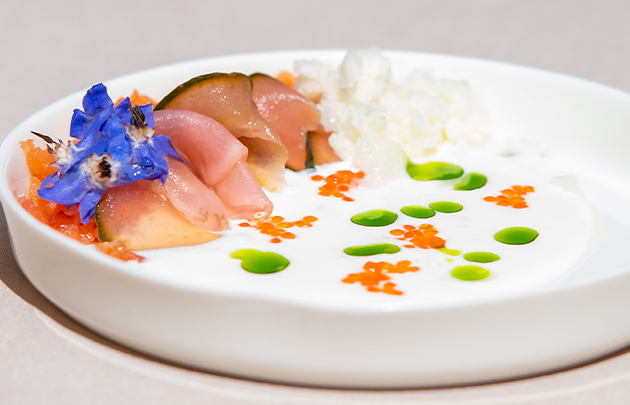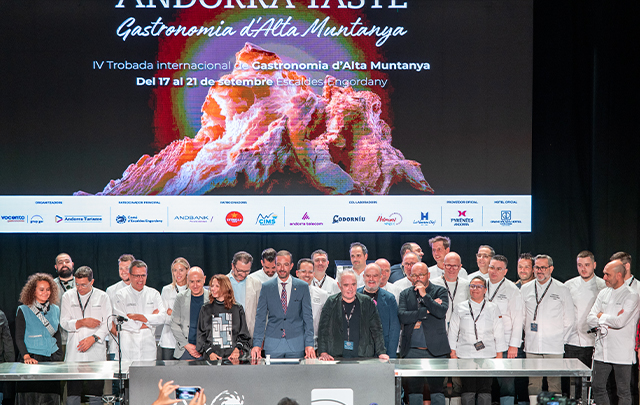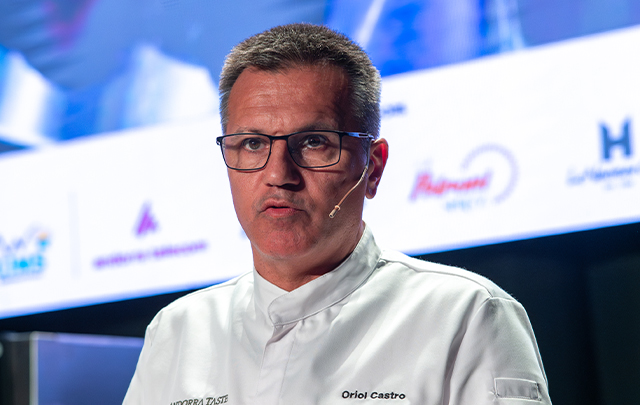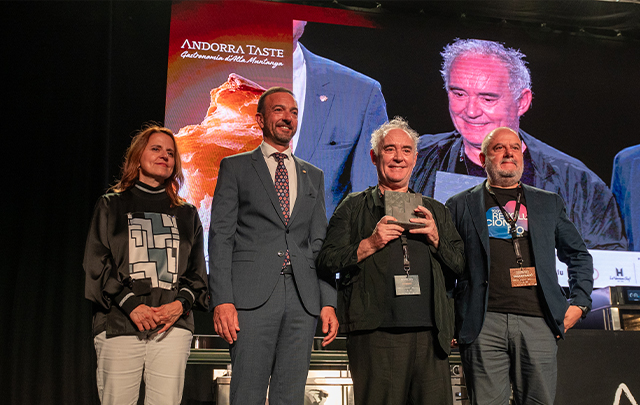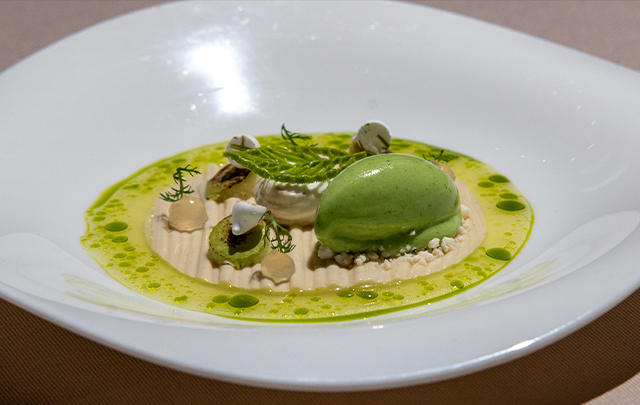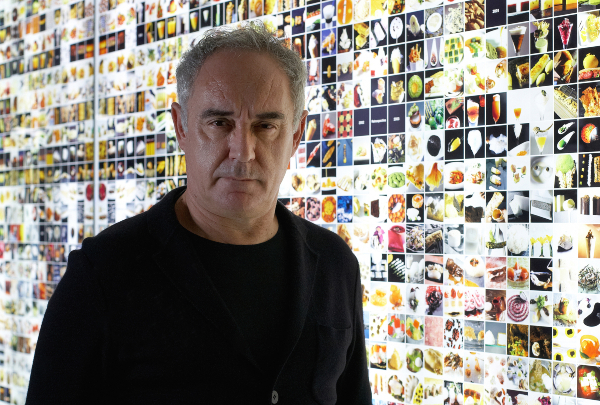News
Zineb Hattab showcases the possibilities of vegan cuisine by combining Pyrenean, Andorran, Alpine and Arabic flavours
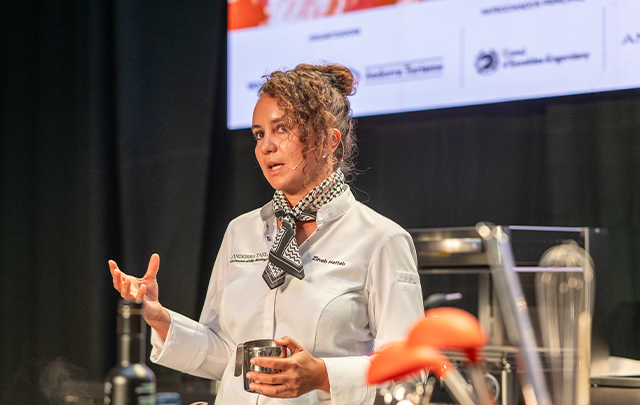
“Eating plant-based foods does not have to distance us from our culture or deprive us of our heritage,” says the chef, speaking at Andorra Taste
Mountain cuisine traditionally relies heavily on animal products such as meat, dairy and honey. These are products that disappear from the diet of anyone who decides to follow a vegan diet. However, Zineb Hattab, who is originally from Morocco and now lives in Switzerland, has made it her mission throughout her successful career to demonstrate that vegan cuisine offers much more than just quinoa and avocado.
In her presentation, 'From the Pyrenees to the Alps: Mountain Vegetable Cuisine', she showcased some of the culinary paths she has explored. Zineb Hattab is one of the world's leading representatives of haute vegan cuisine. Her dedication to plant-based cuisine and her talent for creating original, elegant and flavourful dishes earned her a place among the chefs set to influence the future of global gastronomy at the “50 Next Awards” in 2022.
Having earned a Michelin star for her Zurich restaurant KLE (the first vegan restaurant in Switzerland to receive a green star), the chef gave a presentation at the Auditori Prat del Roure in Escaldes-Engordany, which was conceived as a bridge between two similar gastronomic cultures. “Andorra and Switzerland, the Pyrenees and the Alps, are very similar territories in terms of geography, glacial origin, landscapes, resources, and ways of life. The great challenge is to take mountain gastronomy, which is highly dependent on animal products, and give it a green approach,” she said.
Not only did Hattab do this, but she also had the audacity to introduce another element: memory itself. “People who embrace plant-based eating often feel uprooted, as if they have been forced to abandon their culinary heritage,” she said. This is why she introduced flavours from her childhood and Arab culture. “I couldn't pass up the opportunity to celebrate Palestine, Syria and Lebanon on this stage,” she said. The memory also shone through in her clothing: a jacket topped with a small kufiya tied around her neck.
For her version of 'mel y mató', she replaced fresh cheese with labneh: a lactic curd cream traditionally used in Middle Eastern Arab cuisine that is obtained by dehydrating yoghurt. ‘Of course, we use plant-based yoghurt for our labneh,’ she clarified.
She also demonstrated how to make vegan honey. “We use beet sugar caramel and Swiss-produced carrots, and add a little apple juice, flower hearts and petals to give it a floral aroma. We cook everything together to make vegan honey. We do the bees' work,' she smiled.
The yoghurt dessert with strawberries, a childhood memory, was complemented by beetroot and spice halwa, flower jelly with agar-agar, dried strawberries, oxalis leaves and shiso. “Shiso is a Japanese mountain plant, and we are lucky in Switzerland that our farmers grow it. It grows very well. I suppose it could also be grown here.”


